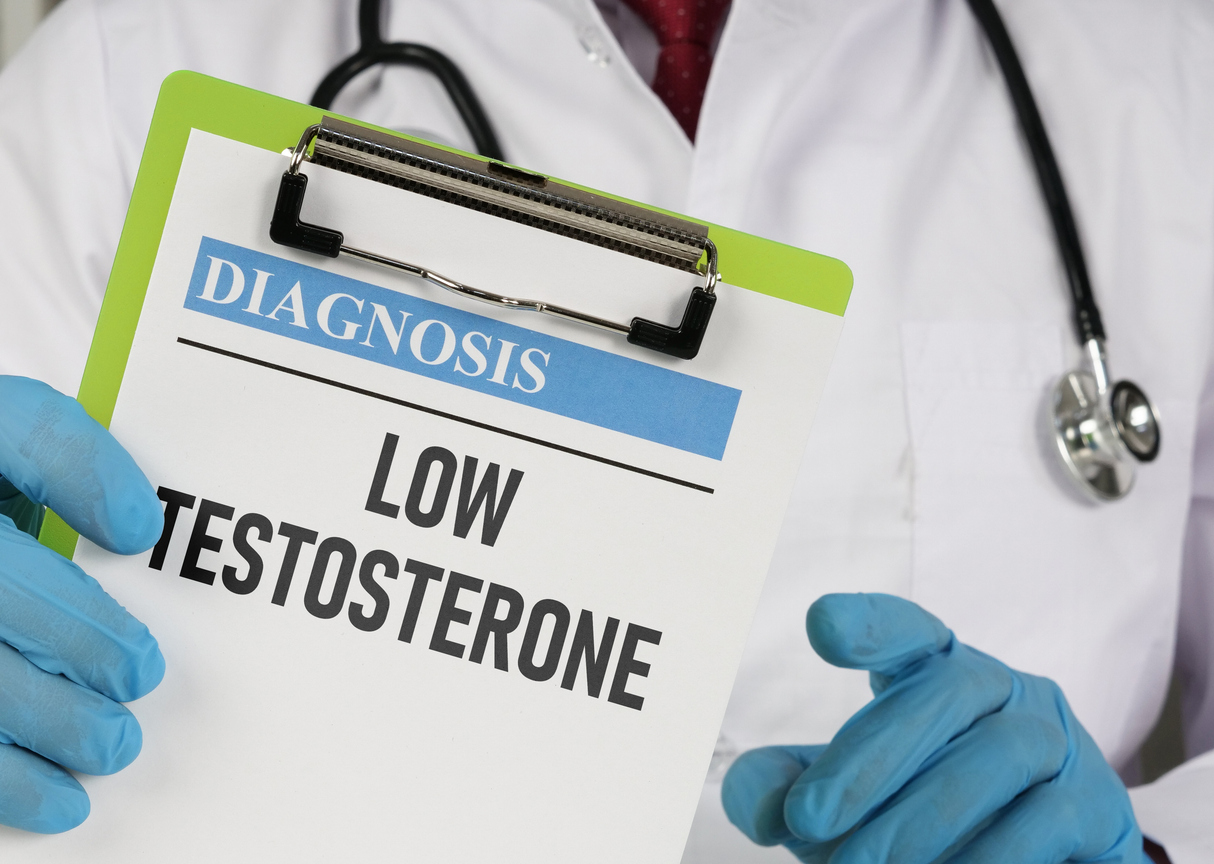Prebiotics are a type of dietary fiber that serves as a food source for beneficial bacteria in the gut. They are non-digestible carbohydrates that resist digestion in the upper gastrointestinal tract and reach the colon, where they are fermented by the gut microbiota.
The main function of prebiotics is to selectively promote the growth and activity of beneficial bacteria, such as bifidobacteria and lactobacilli, in the gut. These bacteria help maintain a healthy balance of the gut microbiota and contribute to various aspects of digestive and overall health.
Prebiotics primarily have effects on the gastrointestinal tract, but their influence extends beyond the gut to other areas of the body. Here are the key areas that prebiotics can affect:
- Gastrointestinal Tract: Prebiotics primarily target the gastrointestinal tract, where they selectively promote the growth and activity of beneficial bacteria. They contribute to a healthy gut microbiota, which in turn supports digestive health, nutrient absorption, and bowel regularity.
- Intestinal Barrier Function: Prebiotics help maintain the integrity and function of the intestinal barrier. By supporting the growth of beneficial bacteria, prebiotics contribute to a healthy gut lining, strengthening the barrier that prevents the entry of harmful substances into the bloodstream.
- Immune System: The gut microbiota has a significant impact on immune function, and prebiotics can modulate the immune system. By promoting a diverse and balanced gut microbiota, prebiotics contribute to a healthy immune response and help maintain immune homeostasis.
- Metabolic Health: Prebiotics have implications for metabolic health. They can influence glucose metabolism and insulin sensitivity, potentially benefiting individuals with conditions like prediabetes or type 2 diabetes. Prebiotics may also have positive effects on lipid metabolism and cardiovascular health.
- Weight Management: Some research suggests that prebiotics can assist with weight management. They may increase feelings of fullness, reduce appetite, and impact hormones involved in appetite regulation. Prebiotics can potentially contribute to weight loss efforts or weight maintenance.
- Bone Health: Prebiotics may have a positive impact on bone health by improving mineral absorption. The fermentation of prebiotics in the gut produces short-chain fatty acids, which create an acidic environment that enhances the solubility and absorption of minerals like calcium. This can benefit bone density and reduce the risk of osteoporosis.
- Mental Health: There is emerging evidence of a connection between the gut microbiota and mental health. Prebiotics may indirectly influence mental health by promoting a healthy gut microbiota. Some studies suggest that prebiotic supplementation may have positive effects on stress, anxiety, and mood.
It’s important to note that individual responses to prebiotics can vary, and more research is needed to fully understand their effects on different areas of the body. The specific benefits and mechanisms of prebiotics may depend on factors such as the type of prebiotic, dosage, individual gut microbiota composition, and overall health status.
Apex Hormone Health can help you get back on track. We utilize fullscripts to help our patients have access to the best pharmaceutical grade supplements. Telehealth appointments available for Colorado and New Mexico.
Contact us through our website: www.apexhormonehealth.comBottom of Form
Call or text 720-856-0200.
Email: info@apexhormonehealth.com.







